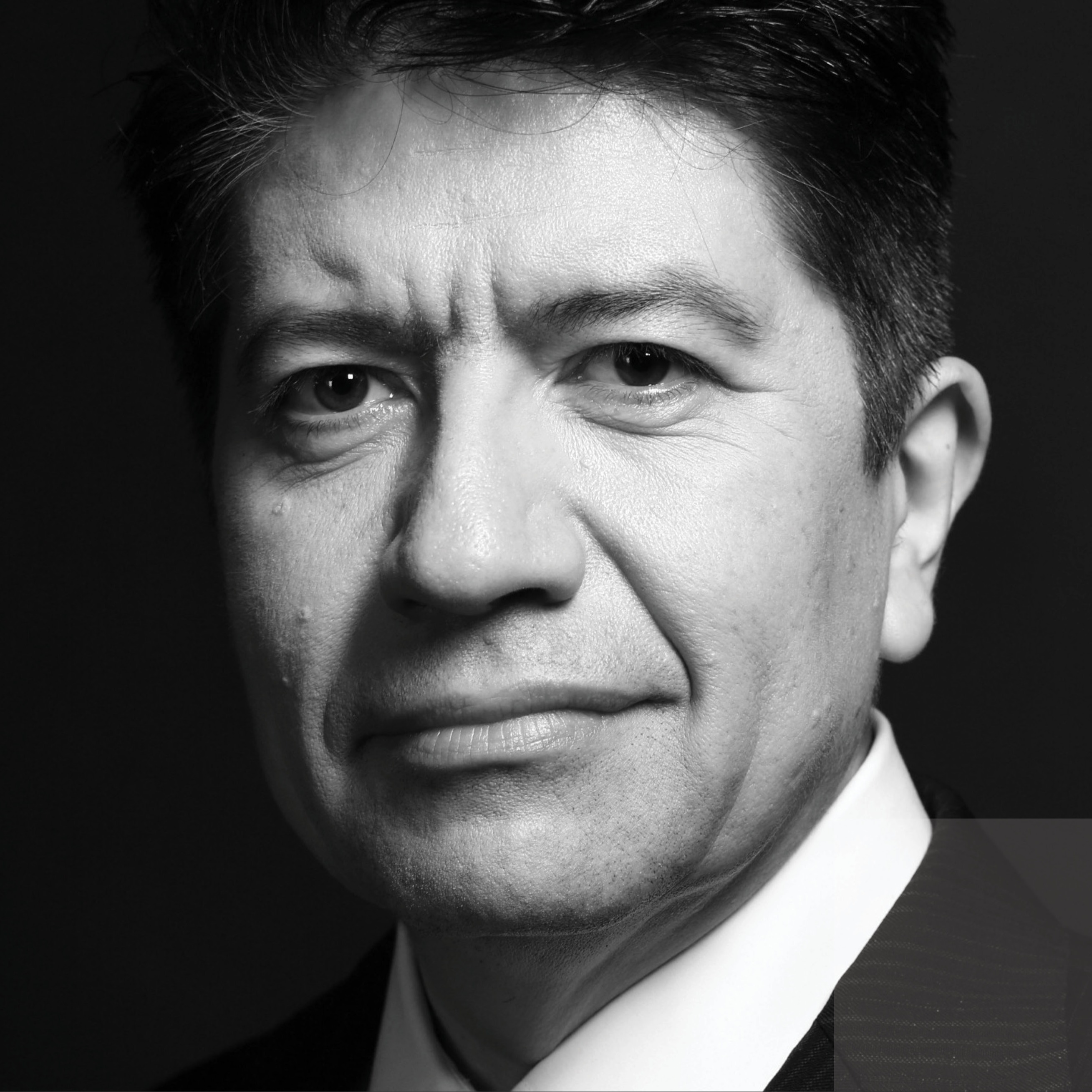
It’s easy to be pessimistic. It’s easy to watch or read the news and see all the worrisome, sad or even horrendous things happening in our world. While a “feel-good” story might be thrown in for good effect, why not limit bad or negative news and instead focus on all the wonderful things our fellow humans are accomplishing, right in this very moment?
A normal day typically requires a balance of both pessimism and optimism, but when we have too much pessimism, we can become surly and miserable. Science has shown that optimism and pessimism are associated with different parts of the brain.
Having a cheerful attitude, higher self-esteem, and a “glass is half-full” approach to life is associated with activity in the left hemisphere of the brain. The gloomy, negative, “glass is half-empty” attitude seems to originate in the right hemisphere. When pessimists are challenged, they tend to remain passive because they think their efforts are futile anyway.
Interestingly, there is an association between brain activity in the right hemisphere and depression, which is often described as having pessimistic thoughts or a tendency to focus on the negative. Treatment methods for depression, including EEG neurofeedback, have found an improvement in symptoms when the imbalance between the physiological activity in the two hemispheres was balanced.1
When you choose an ideal team to collaborate with, your “A-Team”, do you tend to pick people who are pessimistic or optimistic? While super fake, overly cheeriness is certainly offputting, most of us probably prefer to work with people who are upbeat and positive. Optimism is thought to influence physical and mental wellbeing, and can help promote a healthier lifestyle--which, surprise, surprise--leads to an increased quality of life.2
For some, the inspiration to be more optimistic is elusive. They may seek money, power, fame, beauty, or whatever it is they think their hearts desire. But, in reality, many of these things don’t make us happier. Learning to appreciate the small things, being grateful for all the good stuff, and not worrying too much about the bad things seems to solve part of the puzzle of optimism.
For me, optimism is two lovers walking into the sunset arm in arm. Or maybe into the sunrise--whatever appeals to you.
Krzysztof Kieslowski
Being a leader is to be optimistic. Would you create a company without a vision and plan for the future? Would you lead an organisation if you only expected failure? As leaders, we expect success, but pessimism has a way of drowning out the little bits of positivity each day. When we focus on the positives and celebrate our accomplishments, we tell the world what we value--optimism.
Leaders in the VUCA world (volatile, uncertain, complex and ambiguous) face many challenges and demands. It can be difficult to remain hopeful and positive in the face of economic uncertainties, political unrest, and climate change. But, we as humans have the capacity to accomplish great and brilliant things, and when we feel optimism we share that feeling with others.
Things will never change if we all glumly look down and try to ignore what is happening. When we stop focusing on all the negative and wrong things around us, we can emphasise and celebrate our successes and make a real and lasting positive impact on the world around us.
Want to learn more about how to collaborate most effectively with those around you? The i4 Neuroleader Methodology can help you unlock your potential and find your positivity once again.
Citations:
1. Hecht D. The neural basis of optimism and pessimism. Exp Neurobiol 2013; 22: 173–199.
2. Conversano C, Rotondo A, Lensi E, et al. Optimism and its impact on mental and physical well-being. Clin Pract Epidemiol Ment Health 2010; 6: 25–29.
These Stories on Collaboration

President LATAM
About my Brain Institute
As About my Brain Institute's President for LATAM, Ricardo's passion is to educate present and future leaders to create a more humane and joyful world.
Ricardo’s professional career started 33 years ago, and each of the companies he has been a part of and the positions he has held are unshakeable links to his current expertise. His first project as an entrepreneur was in 1995 as the founder of a company dedicated to body language consulting. His career of almost 20 years in one of the most prestigious Mexican schools of its kind, Escuela Bancaria y Comercial (Banking and Commerce School), is particularly noteworthy, as he eventually became the Dean of the elite Reforma Campus.
In addition to his professional development, Ricardo has always maintained a genuine effort in his academic development. He has obtained several post-graduate degrees, and he firmly believes in the value of being a lifelong learner.
Ricardo's social and strategic profile is the keystone that allows him to transform each of his positions and projects into his life's passion and far exceed the corresponding goals. Additionally, his pleasure in sharing knowledge has become a series of conferences held in world-class companies and institutions such as The Walt Disney Company, IUSACEL, Ecole Supérieure de Commerce Group (Nice, France), Tecnológico de Monterrey and many more.
Always the humanist, the friend, the innovator and someone who has the ability to see a company as a living being, Ricardo González is prepared to face the constantly changing and often volatile conditions in the world today. The need for determined and proactive individuals who are self-led is on the rise, and this partnership promises to help others rediscover their inner core abilities, allowing them to become more effective leaders.
Monday to Friday
9:00am - 5:00pm (AEST)
Sydney, Australia
We reply within 48 hours!
General Business Enquiries:
hello@aboutmybrain.com
Technical Support:
support@aboutmybrain.com
No Comments Yet
Let us know what you think